Quality Surveys
ATIEL carries out ongoing quality surveys of engine oils making ACEA claims in the global marketplace in order to encourage and strengthen compliance with quality standards required under the European Engine Lubricants Quality Management System (EELQMS) which supports the ACEA European Oil Sequences.
The objective is to test engine lubricants that are being marketed by signatories of the EELQMS Marketers’ Letter of Conformance (LoC) for compliance against the ACEA specifications that are being claimed. For lubricants marketed with an ACEA claim where the oil marketer has not signed the LoC, the marketer is informed of the position of ACEA and encouraged to sign or remove the ACEA claim(s) from their products.
Sampling and testing of products is carried out by an independent test laboratory that purchases the oils from retail outlets and distributors and then tests the oils against the chemical and physical bench test requirements for the ACEA specification(s) being claimed. Engine lubricants that make multiple ACEA claims that are incompatible (e.g. A3/B4, C3) are not tested as it is inevitable that the engine lubricant will fail against one of the claimed specifications –
Test Methodology
The tests carried out on the samples are viscosity at high and low temperature, volatility, elements (sulphur and phosphorus), sulphated ash and base number 1.
Analysis is based on a single data point that is evaluated against the 95% confidence using the principles of ASTM D3244. This also includes considering whether the test is classed as ‘critical’ or ‘non-critical’.
The test lab automatically re-tests a sample if the first test result
is a clear failure or close to the 95% confidence limit for that test.
All test data is kept anonymous and only the test laboratory and the SAIL Manager , the independent service company that administers the EELQMS LoC and the survey on behalf of ATIEL, know the identity of the oils that have been tested. The anonymised data is shared with the Technical Experts Committee on a monthly basis for evaluation against the ACEA specification limits and also the 95% confidence limit for each test.


Results Feedback
Once the data analysis is complete and the results have been reviewed by the Committee, feedback is provided to SAIL, who then issues a report to the marketer of the lubricant with an invitation to comment on the data, which is mandatory for any data that is seen to be outside the limits for the ACEA specification(s) claimed.
Where samples are tested and found to be out of specification for the ACEA claim(s) made, the oil marketer is asked what actions they will take to ensure the product is brought back into compliance.
Feedback from the marketer is analysed by the ATIEL quality Management Committee in line with the requirements of the ATIEL Compliance Policy.
More details of the survey and analysis processes can be found on the SAIL website.

